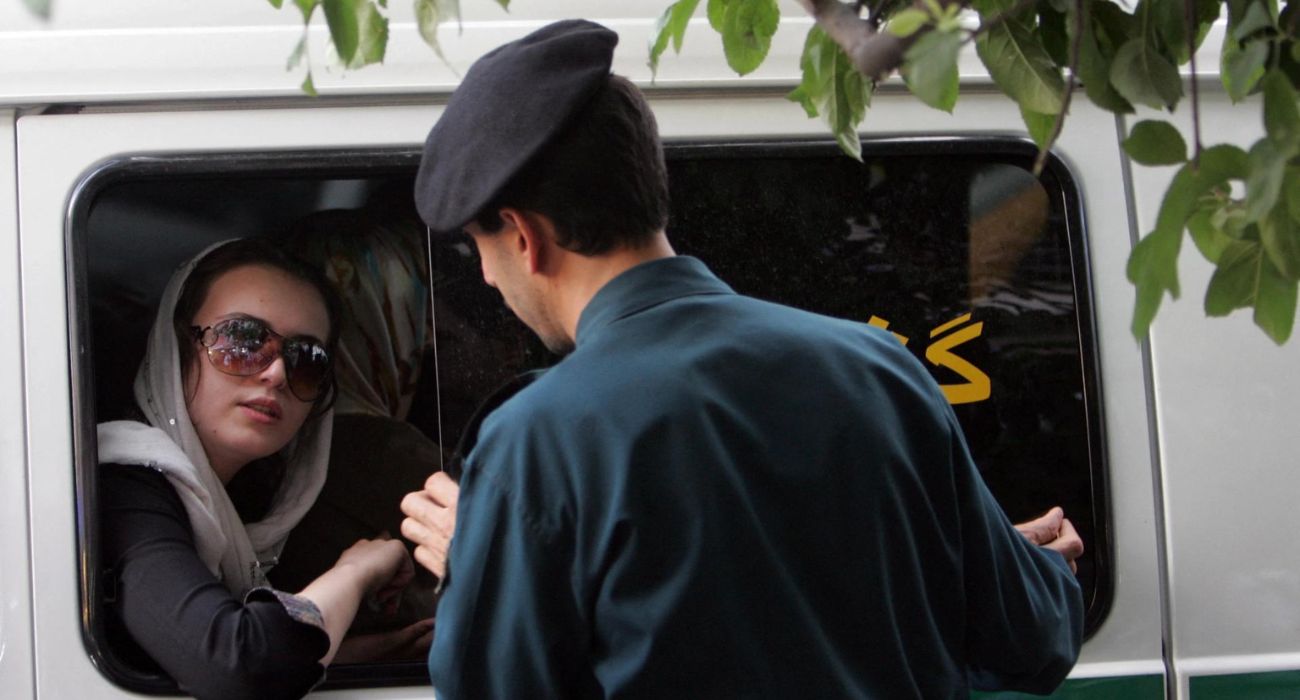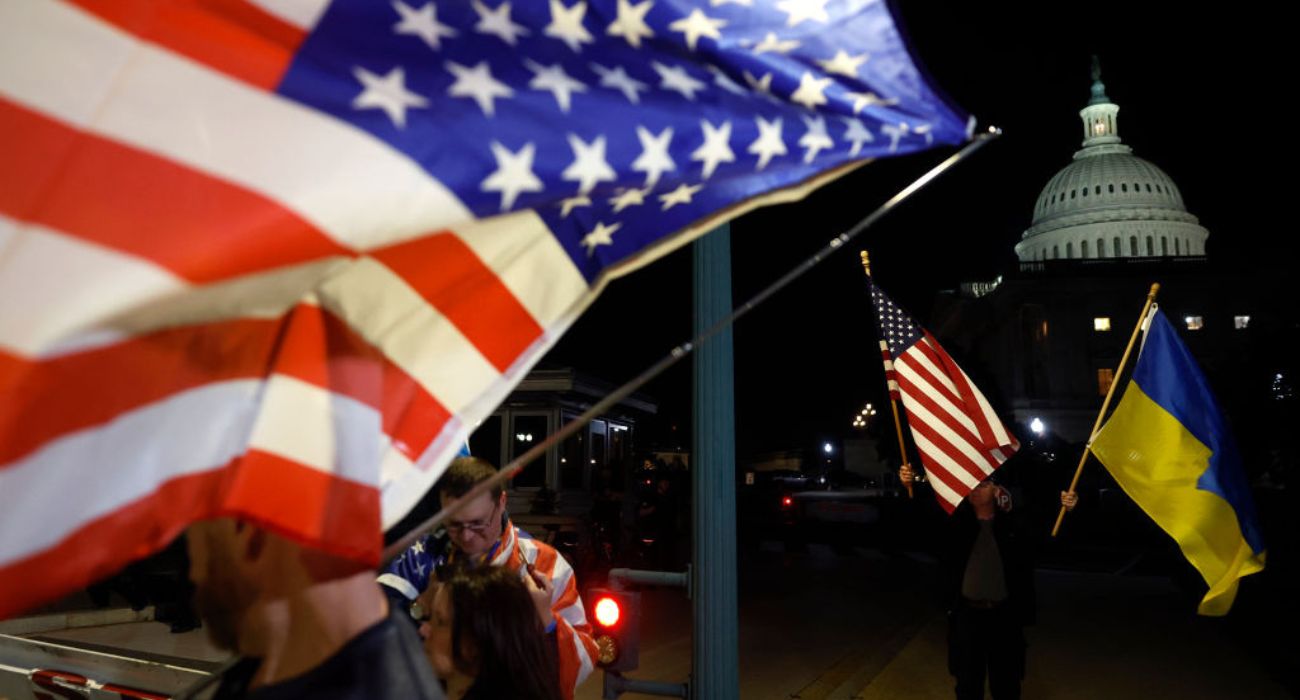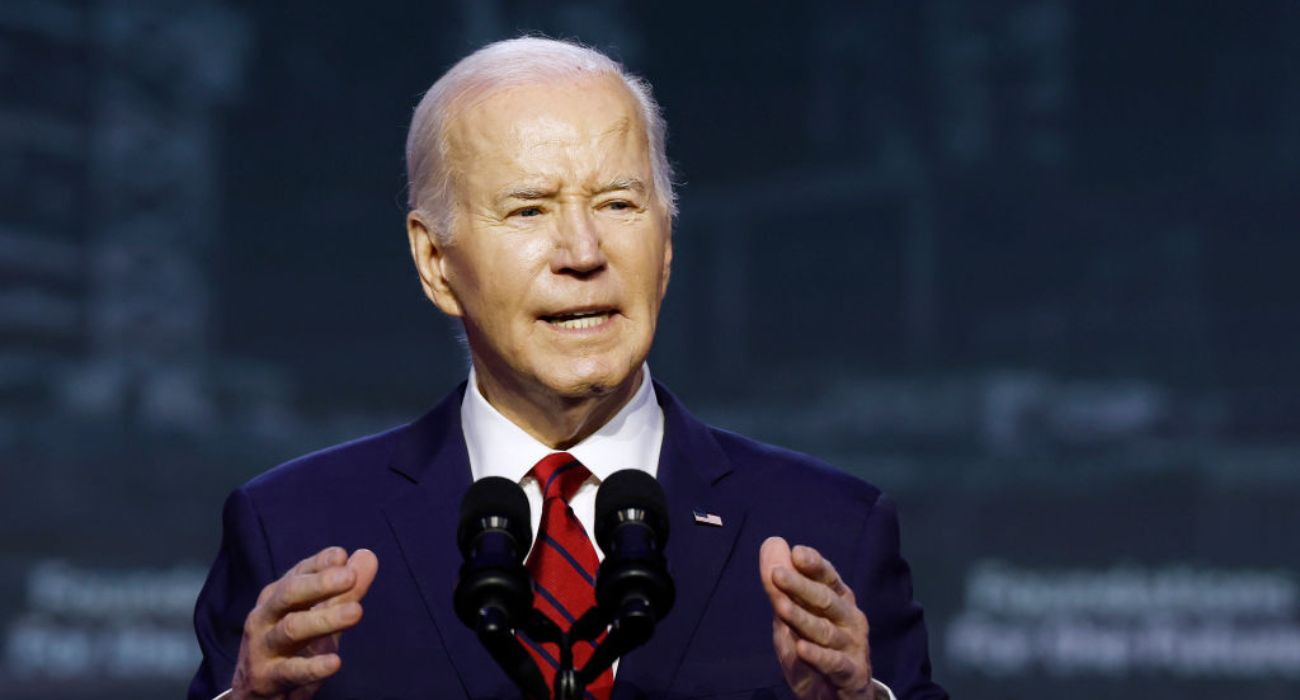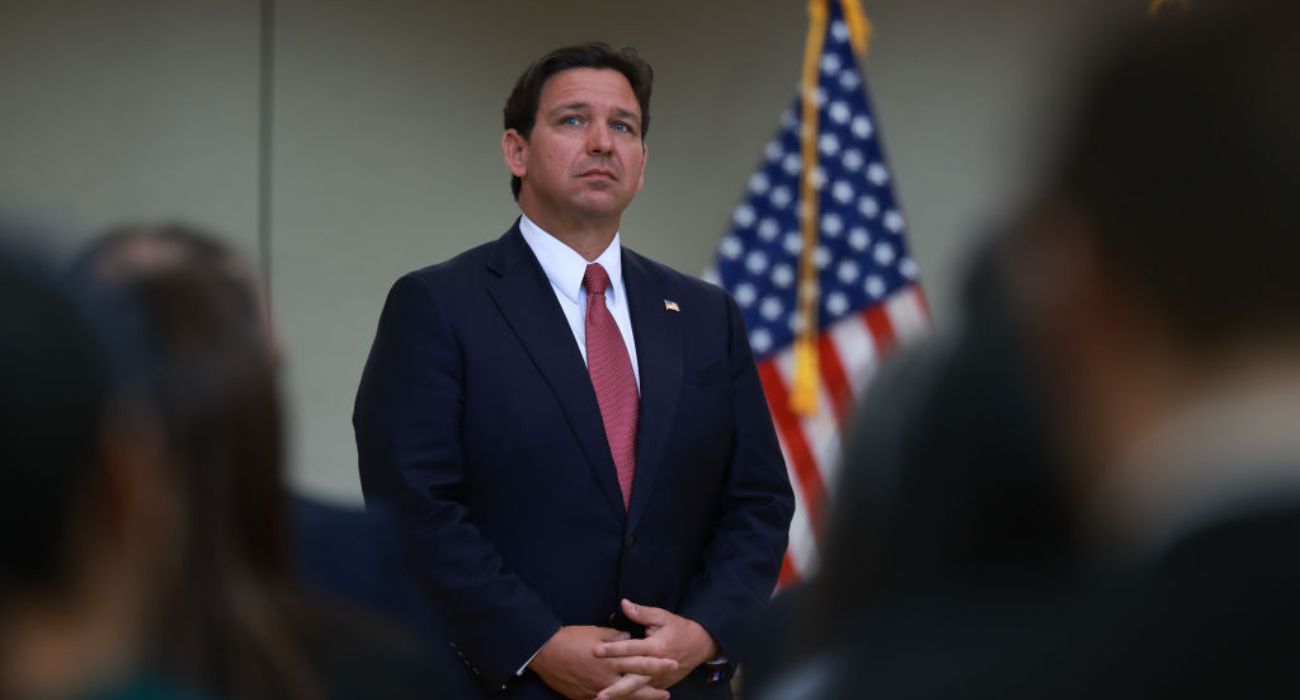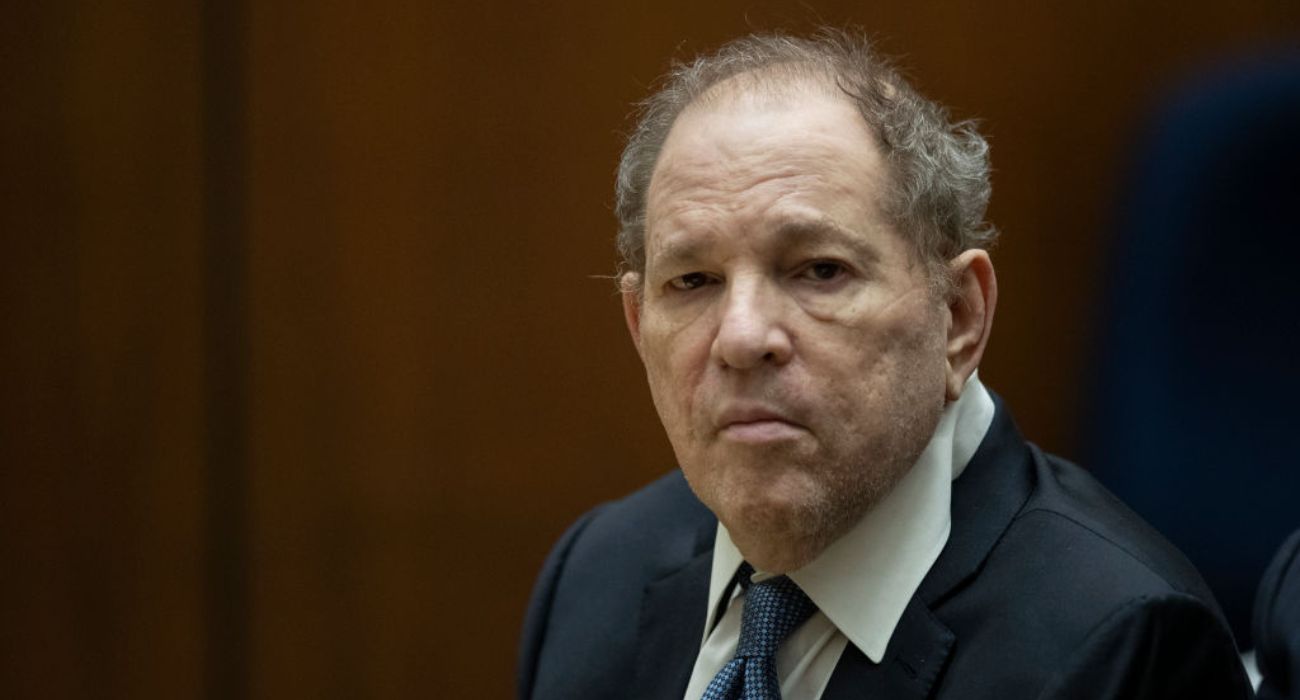Mixed messaging on Iranian state media has led to confusion over whether the Iranian government is moving to disband its morality police after more than two months of protests.
The women-led protests, labeled riots by Iranian authorities, swept the nation following the death of 22-year-old Mahsa Amini, who was arrested for allegedly violating the country’s strict female dress code.
Demonstrators have burned their mandatory hijab head coverings and shouted anti-government slogans. A growing number of women have refused to wear the hijab, with resistance most prominently seen in the country’s capital.
Iran’s chief prosecutor, Mohammad Jafar Montazeri, claimed over the weekend that the morality police “had been closed” in a report published by ISNA. He further stated that the government was reviewing the mandatory hijab law.
“We are working fast on the issue of hijab and we are doing our best to come up with a thoughtful solution to deal with this phenomenon that hurts everyone’s heart,” he said.
An Iranian hardliner news agency, however, poured cold water over the claim the next day, stating that the morality police “has not come to an end and has not closed,” though admitting “its mechanism would possibly change, a point that was under discussion before the riots,” per AP News.
Authorities have monitored compliance with the country’s strict dress codes since the 1979 Islamic Revolution overthrew Iran’s U.S.-backed monarchy. The hijab became mandatory for women in 1983.
The morality police were established in the 2000s to “spread the culture of modesty and hijab,” according to CBS News. Its units enforced the dress code, requiring women to wear long clothes and forbidding shorts, ripped jeans, and other garments considered immodest.
If the disbandment of the morality police is confirmed, the decision would be a rare concession to the protest movement. Still, CBS News correspondent Holly Williams said the possibility was being treated with much skepticism in Tehran and that some protesters are demanding revolutionary change.
Iran has accused the United States and its allies of instigating the protests to destabilize the country further as it continues to reel from the economic sanctions placed on it by the Trump administration, which further restricted its access to financial and oil markets, aeronautic imports, and a slew of other commercial goods.
More than 300 people have reportedly been killed in the protests so far, an Iranian general said on Monday. Thousands more have been arrested, including notable Iranian actors and soccer players.

